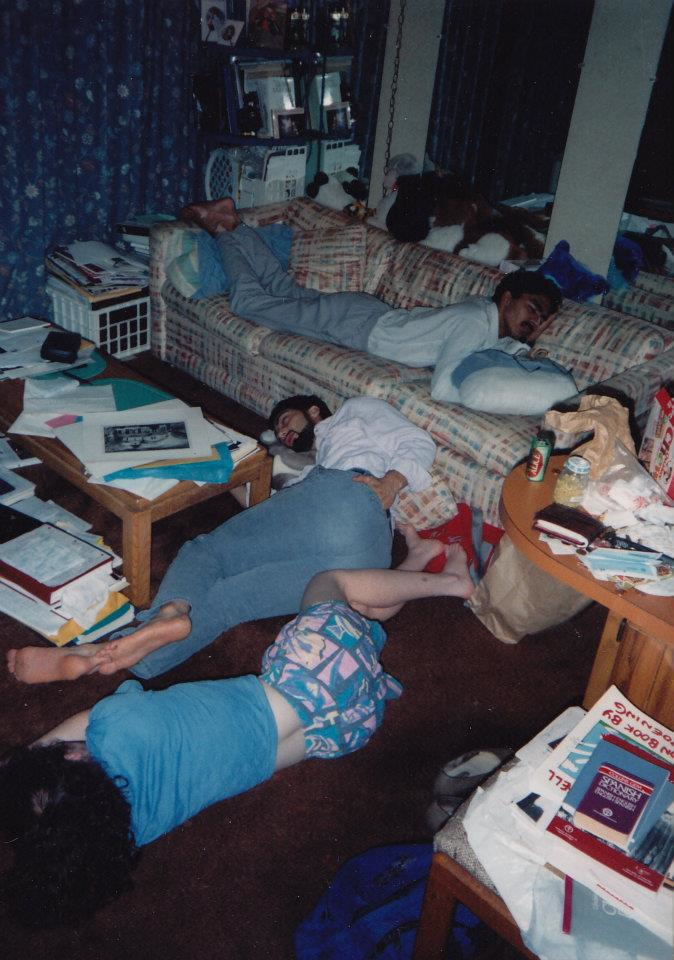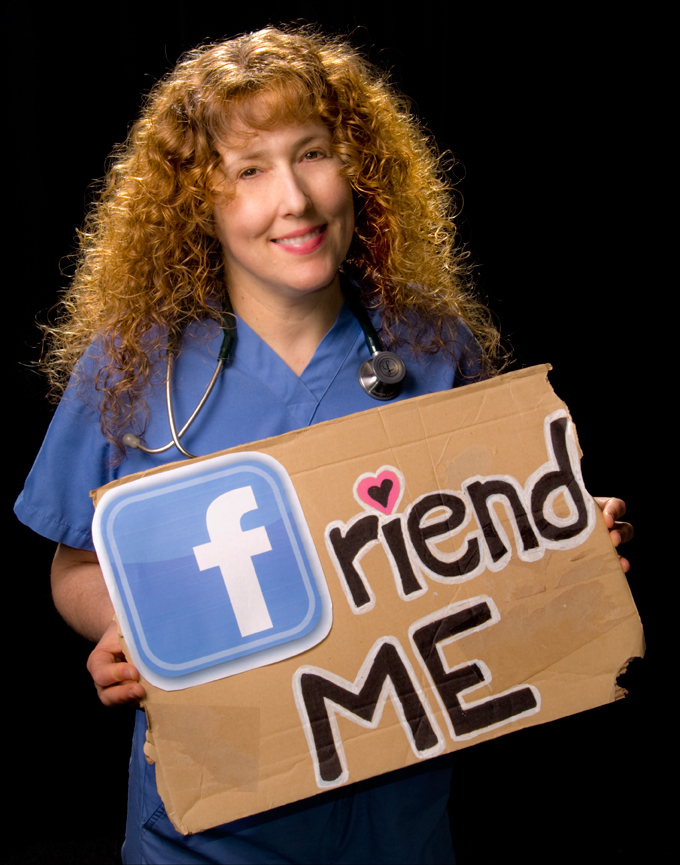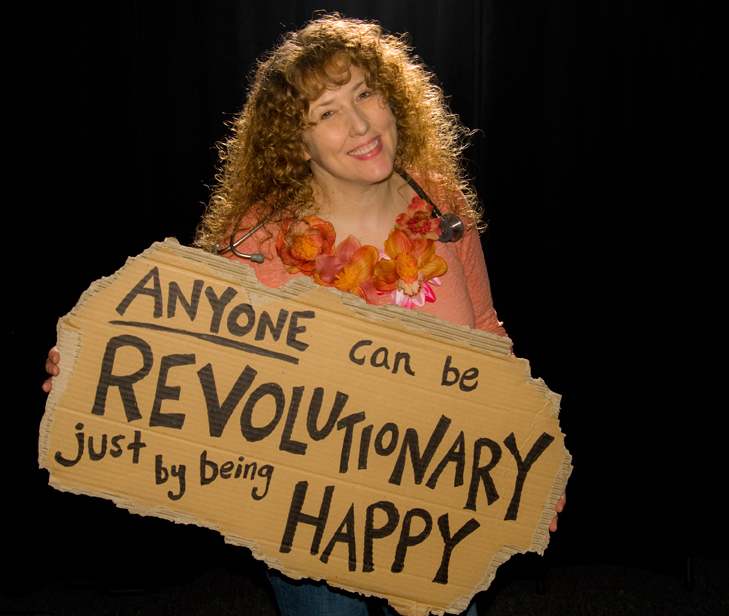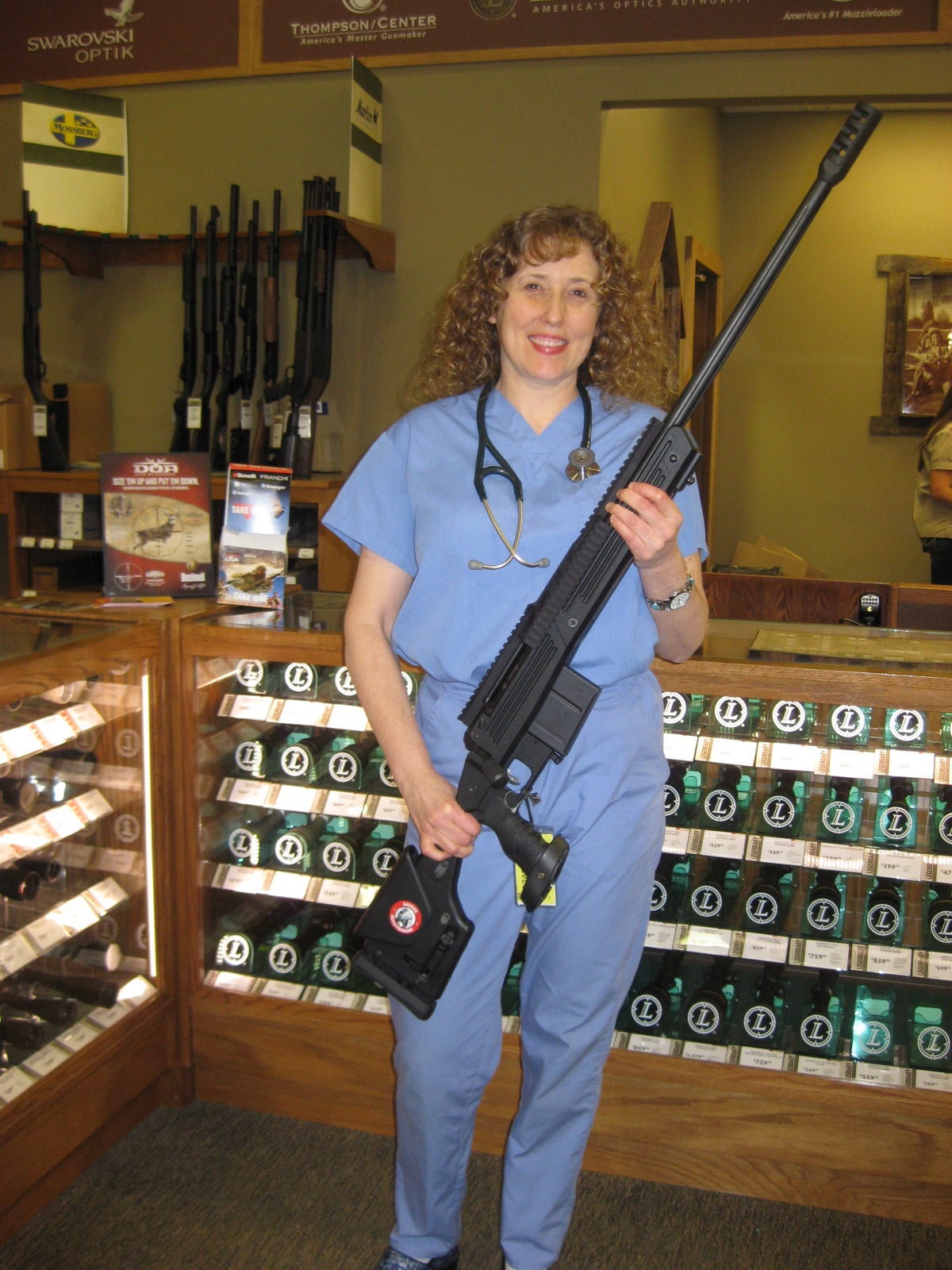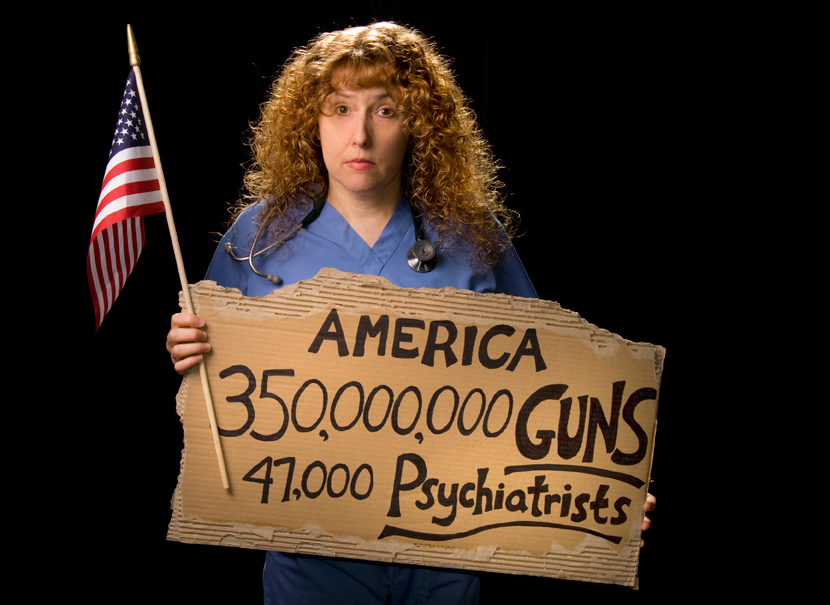Dear Gregg,
I’m thinking of you tonight. Five years ago your wife told me you died. You were at a medical conference. They found you in a hotel room with pain pills. You were just 44.
You gave your life to medicine. We all did. We just wanted to help people. Remember our dreams?
I was a first-year student. You were a year ahead of me. We were all exhausted. I was lonely. You were nice to me. You cheated on your girlfriend—with me. We shouldn’t have done it. After your death, I found your old girlfriend and I apologized for both of us. She accepted our apology.
I invited her to your funeral. I told her your autopsy was inconclusive. She wanted to know your toxicology results. Nobody gave me the final report. Nobody wants to talk about your death. Still.
When we met, you told me you had a half-sister. You said she was hit by a car and paralyzed on one side of her body. I’m so naive. I didn’t get your joke.
You were funny and so damn smart. You never studied for tests and you made straight A’s. I’m still jealous.
You wanted to be a doctor, but your med school interview was rough. They gave you a tour through the animal labs where you witnessed the dog and sheep experiments. You fainted. They transported you to the emergency room where you completed your interview. And you still got in!
Remember third year? You were nervous on your first day with patients. So you let me cut your hair and dress you before you went into the hospital. When you entered the surgery suite, you fainted. Everyone saw your bald spot (oops!) and Fred Flintstone socks. They rolled you out into the hallway on a gurney. As you came to, a nurse yelled at you for sleeping.
You wanted to be a radiologist. I told you a dark room is no place for a narcoleptic. So you picked internal medicine.
I know your inner torment, your nightmares. I know stuff I can’t write about. I know that medical education is dehumanizing and it’s nearly impossible to save one’s soul. You never loved yourself. But I loved you. And I adored your family.
Some weekends we went to visit your parents. Your mom claimed I had the “gift of gab.” Your mom and I used to sit in the living room, laughing into the wee hours until your dad got up to scream, “Lil, it’s time for bed!” Your mom begged to stay up for “just one more story.” Meanwhile, you missed everything. You were snoring on the floor.
All three of you are gone now.
Here’s the only photo I have of us together during medical school. Sleeping on top of our books.
I’m still in Eugene, Oregon. We’ve lost so many male docs in town. Firearms are the primary method. Overdose is a popular choice. I went to the last guy’s funeral. That’s when it hit me: Maybe you died by suicide. Took me five years to get it. I’m still naive. Like most docs, I was in denial. Nobody wants to talk about it. Still.
Anyway, I’m thinking of you tonight. I don’t know why. Then I looked up the date of your death: January 19, 2008. Your five-year anniversary.
There’s so much suffering in our profession. Nobody wants to talk down here. Help me out, Gregg. Why are we losing so many doctors?
I dreamt of you on solstice. I was carrying a camcorder. I interviewed you about your death. You spoke to me for three hours without falling asleep. Amazing. Please come again. I miss you.
Love,
Pamela

